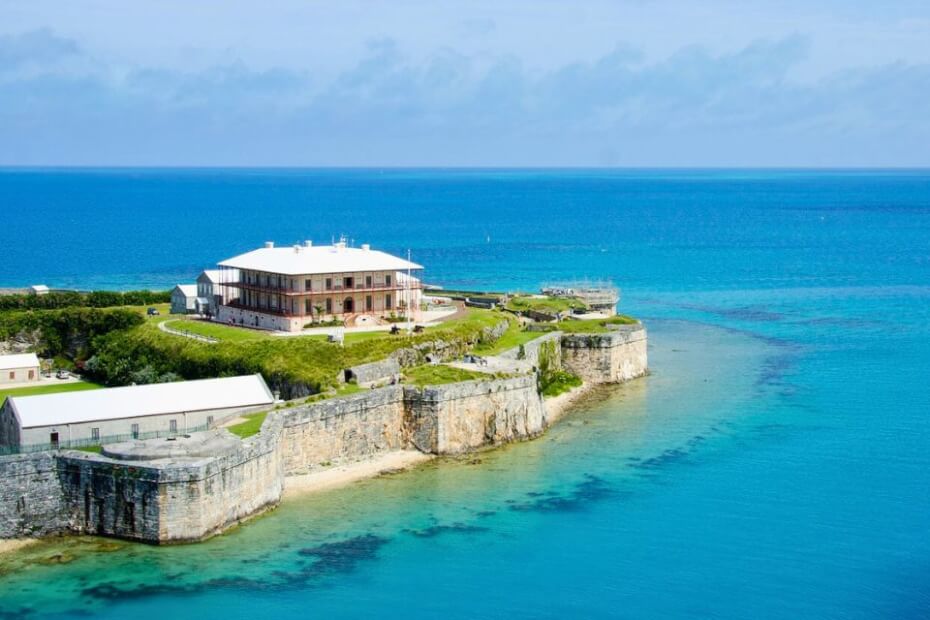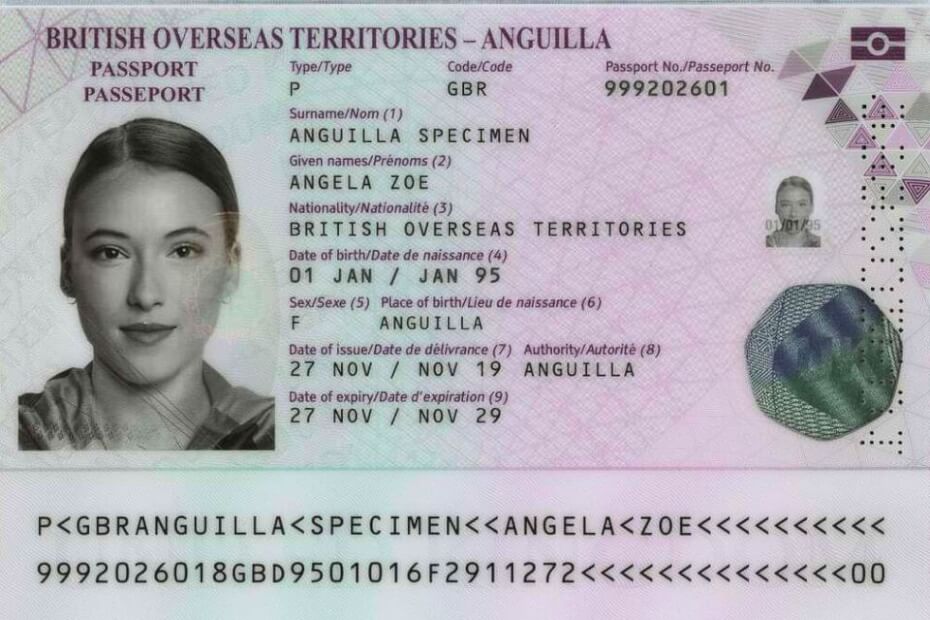
In 2025, millions of travelers must apply for a digital travel authorization before coming to the United Kingdom (UK). The new Electronic Travel Authorization (ETA) scheme will be mandatory for all non-visa nationals visiting the UK.
The only exceptions to the UK ETA scheme are travelers with British passports, UK visas or immigration status, Irish passports, and British Overseas Territory Citizen passports. The latter was explicitly added in the government guidance update in April 2024.
How will the UK ETA affect travelers from British Overseas Territories? Here’s how.
British Overseas Territory citizens (BOTC) traveling on a BOTC passport do not need an ETA.
Like British passport holders, British Overseas Territory citizens (BOTCs) traveling on a BOTC passport do not need an ETA when traveling to the UK.
BOTCs can continue visiting England, Wales, Scotland, and Northern Ireland without needing a visa or an ETA, provided they travel using their BOTC or British passports.
This exemption to the UK ETA scheme is rooted in the relationship between the UK and British Overseas Territories.
British Overseas Territories
British Overseas Territories are territories under the UK’s sovereignty but not part of the UK.
Like the Crown Dependencies, the UK Government is responsible for the defense and international affairs of the British Overseas Territories. However, each territory has its own government with varying degrees of autonomy.
There are 14 BOTs worldwide, and British nationals have settled permanently in ten of them: Ascension, St Helena and Tristan da Cunha, Montserrat, British Virgin Islands, Pitcairn, Anguilla, Cayman Islands, Turks and Caicos Islands, Bermuda, Falkland Islands, and Gibraltar.
Other British Overseas Territories are the British Indian Ocean Territory, Akrotiri and Dhekelia, South Georgia and the South Sandwich Islands, and the British Antarctic Territory.
British passport vs BOTC passport
Technically, no distinct “BOTC passport” is issued separately from a British passport. Having a BOTC passport means having a British passport reflecting their British Overseas Territories citizen status.
British Overseas Territory citizens are British nationals but do not have the same rights as British citizens. In particular, BOTCs do not have the automatic right to reside or work in the UK.
Under the British Overseas Territories Act 2002, individuals who are BOTCs but do not hold full British citizenship passports or cannot provide evidence of their British citizenship will be subject to immigration control upon entry into the UK. This also applies to those seeking to live, work, or study in the country.
Travelers with British or BOTC passports are exempt from needing an ETA to visit the UK for short trips of up to six months. However, those planning to stay longer than six months, work, or live there must apply for the appropriate UK visa.
BOTC passport holders must have a valid passport to be exempted from the ETA scheme.

The ETA is digitally linked to a traveler’s passport. Carriers, such as airlines, ferries, or train and coach operators, can check an individual’s valid visa or ETA by scanning their passports.
The ETA exemption means BOTCs do not need to pre-apply for travel authorization. The UK Home Office also does not have a central record of BOTCs. This means carriers will confirm BOTCs’ identities on a case-by-case basis rather than via the advance passenger information (API).
Typically, BOTCs must only show their valid passport issued by a British Overseas Territory or other identity documents to confirm their ETA exemption.
Frequently Asked Questions on the UK ETA and British Overseas Territory Citizens
Below are some common questions that citizens of the European Union, European Economic Area, and Switzerland who are traveling to the UK may have about the ETA.
Is there a difference between traveling with a British passport and a British Overseas Territory citizen passport regarding the ETA scheme?
Under the ETA scheme, there is no difference between a British passport and a British Overseas Territory citizen passport. Travelers with either passport do not need to present an ETA when visiting the UK.
I am a British Overseas Territory citizen with a valid UK work visa. What travel document should I use when traveling abroad and back to the UK?
You can use your UK visa and be exempted from the ETA scheme. If you have a valid BOTC passport, you will not need to apply for an ETA.

I have a residence permit in one of the British Overseas Territories. Will I need an ETA for when I travel to the UK?
A British Overseas Territory residence permit is valid in the territory that issued it, but not in the UK. Residents of British Overseas Territories may still require a UK ETA, depending on their passport.
Those whose passports were issued by a country with visa waiver status in the UK must have an ETA for short visits of up to six months in the UK.
Those who require a visa to visit the UK will still need one, as the new ETA scheme does not change that.
Can BOTCs use the ETA to live and work in the UK?
The UK ETA is for non-visa nationals traveling to the UK for short trips. BOTCs do not need an ETA to visit the UK.
However, BOTCs do not automatically have the right to live or work in the UK. They must apply for a UK visa to stay or work for over six months.
BOTCs who are also British citizens and want to work or study in the UK can also apply for a British passport or a certificate of entitlement. These documents will help them demonstrate their status to the relevant authorities.
Do I need an ETA to travel to British Overseas Territories?
BOTs have their own immigration policies. Many territories, however, do not require UK citizens to apply for a visa for short visits.
It’s best to check the entry requirements of the BOT you want to visit before your trip to ensure that you will be allowed entry.

